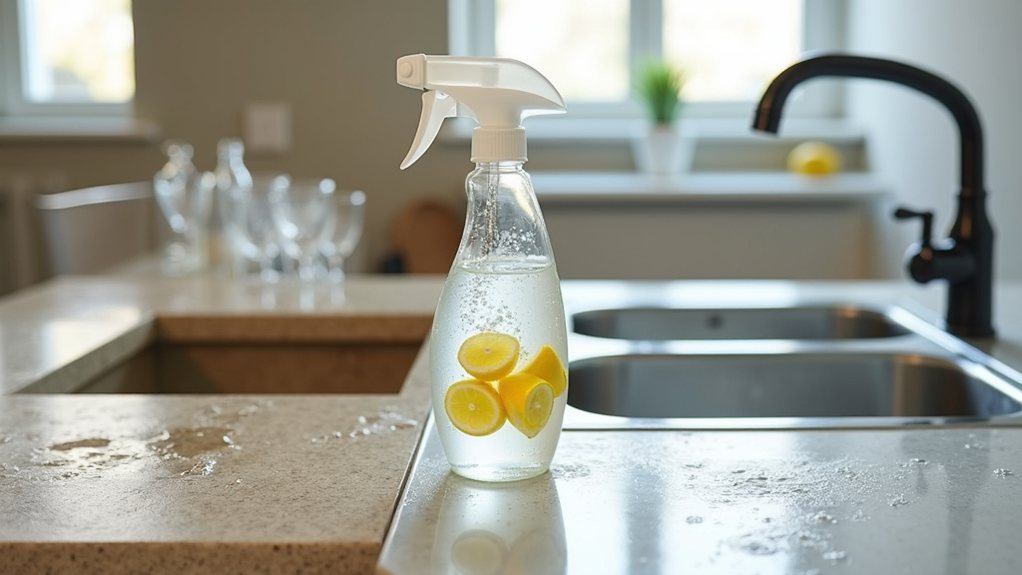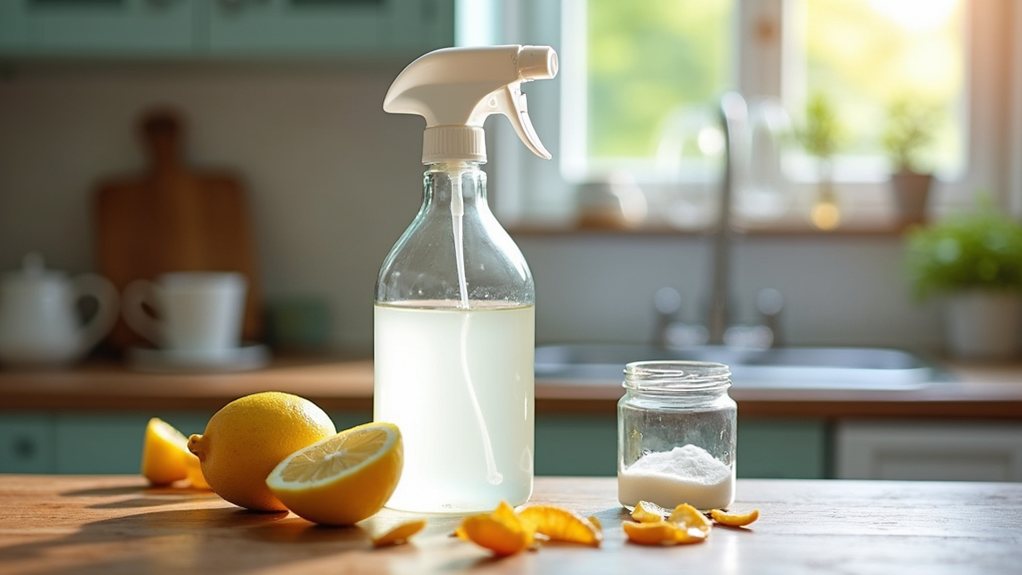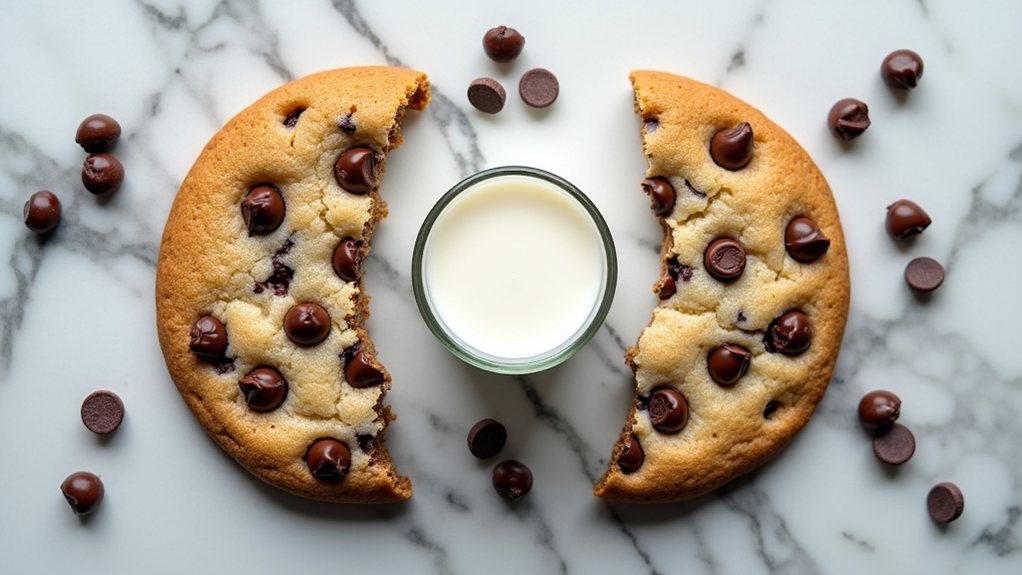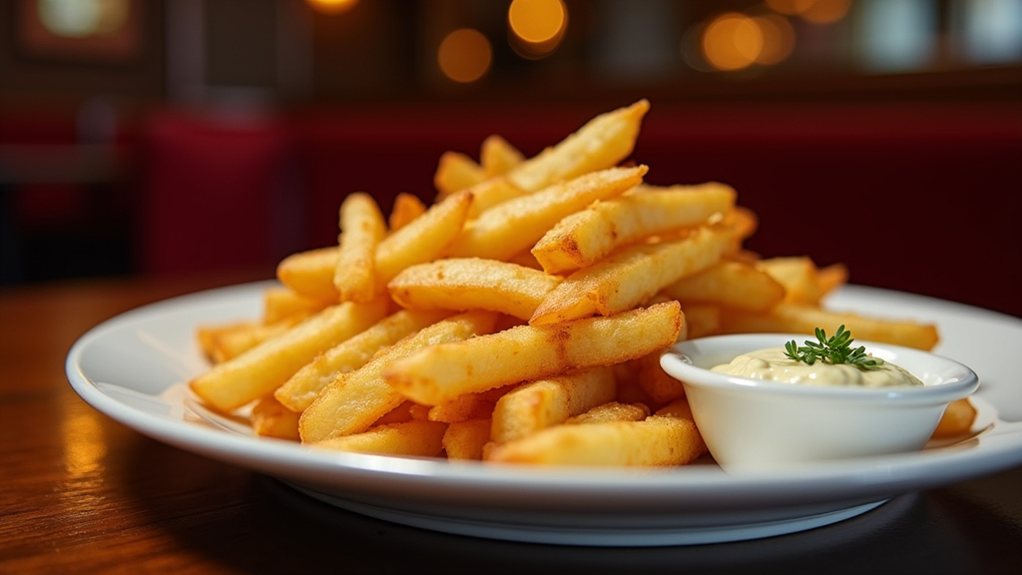Vinegar stands as one of the most underestimated cleaning agents in many households, often relegated to the kitchen cabinet rather than the cleaning supplies. This humble liquid, primarily composed of acetic acid, tackles stubborn stains, dissolves mineral deposits, and neutralizes odors with surprising efficiency. While most people recognize its culinary applications, vinegar's ability to clean windows without streaks, descale coffee makers, and even eliminate weeds might raise eyebrows. What other unexpected uses might this pantry staple hold for the resourceful homeowner?
The Versatile Cleaning Power of Vinegar

While many households rely on commercial cleaning products filled with harsh chemicals, vinegar has emerged as a powerful, natural substitute for tackling a broad spectrum of cleaning challenges. This common pantry staple, typically found at a 5% acidity level in its white distilled form, works effectively to dissolve stubborn grease and grime on different surfaces throughout the home.
Its natural acidity makes it particularly useful for kitchen tasks, where food residue and cooking oils often accumulate on appliances, countertops, and inside microwaves.
Vinegar's adaptability extends beyond mere cleaning, as it also neutralizes unpleasant odors in kitchen sinks, bathrooms, and other spaces that tend to harbor unwanted smells. For those concerned about environmental impact, vinegar represents an eco-friendly option that reduces reliance on harsh commercial cleaners while still delivering impressive results.
Vinegar: nature's deodorizer and eco-friendly cleaning powerhouse, fighting odors while protecting our planet.
When mixed with water in appropriate ratios, it creates a streak-free solution for glass and mirrors, leaving these surfaces with a remarkable shine that rivals specialized commercial products. The ideal mixture for all-purpose cleaning typically consists of a 50:50 ratio of vinegar to water, making it less abrasive while maintaining effectiveness.
Not all vinegars are created equal for cleaning purposes, however. White distilled vinegar remains the top choice due to its clarity and consistent acidity, while apple cider vinegar, though effective, may leave slight discoloration on lighter surfaces.
For more demanding tasks, higher concentration vinegars (10% or 30%) offer improved cleaning power, particularly for descaling equipment and removing stubborn limescale deposits in bathrooms.
It's worth noting that vinegar does have limitations as a disinfectant, killing approximately 90% of bacteria but falling short against certain pathogens. Users should also exercise caution with natural stone surfaces like marble and granite, as vinegar's acidity can cause etching and damage.
When used appropriately on suitable surfaces, though, vinegar proves that effective cleaning doesn't necessarily require specialized commercial products, demonstrating that sometimes the most powerful cleaning solutions are hiding in plain sight in our kitchen cabinets.
For those who dislike the strong smell of regular vinegar, creating lemon vinegar by soaking citrus peels in white vinegar for two weeks provides a pleasant-scented alternative that maintains all the cleaning benefits.







